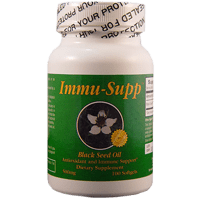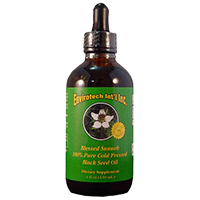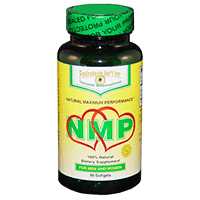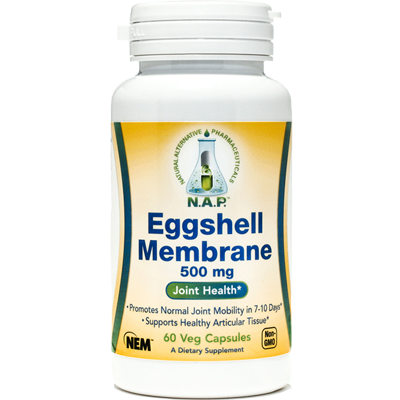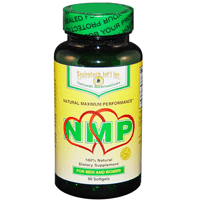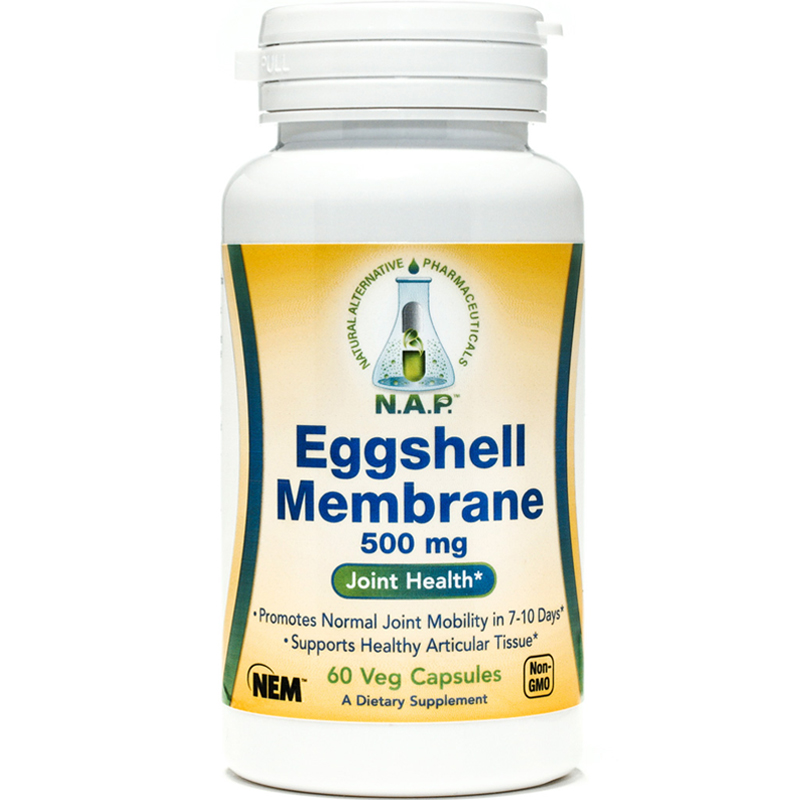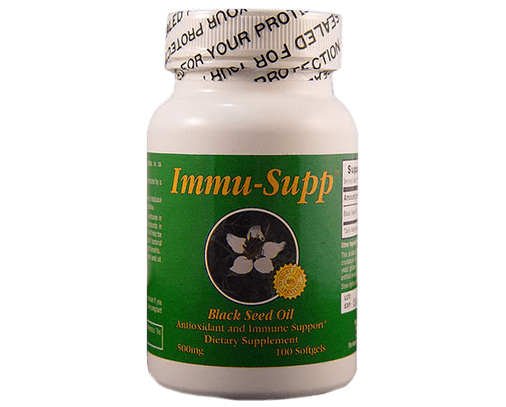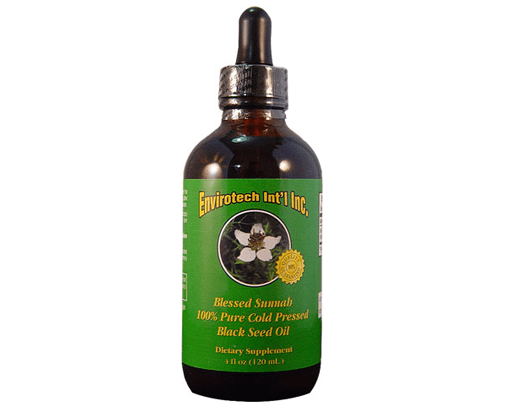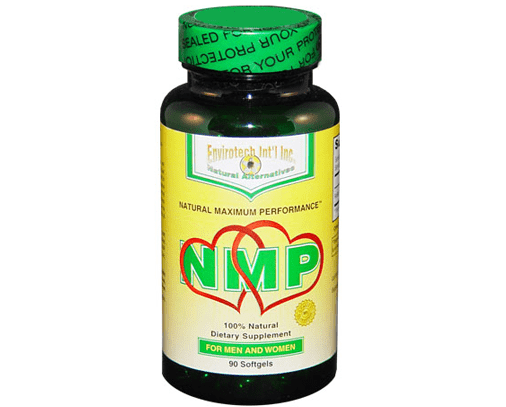Cancer Prevention by using Black Seed
Very recently, researchers at Kimmel Cancer at Jefferson in Philadelphia discovered that thymoquinone blocked pancreatic cancer cell growth and killed the cells by enhancing the process of programmed cell death. Using a human pancreatic cancer cell line, researchers found that adding thymoquinone killed approximately 80 percent of the cancer cells. They showed that thymoquinone triggered programmed cell death in the cells, and that a number of important genes, including p53, Bax, bcl-2 and p21, were affected. Expression of p53, a tumour suppressor gene, and Bax, a gene that promotes programmed cell death, was increased, while bcl-2, which blocks such cell death, was decreased. The p21 gene, which is involved in the regulation of different phases of the cell cycle, was substantially increased. Researchers also found that thymoquinone caused epigenetic changes in pancreatic cancer cells, modifying the cells DNA.
In a recent animal study, thymoquinone treatment not only inhibited tumor cell invasion and proliferation in C26 colorectal cancer cells but, also reduced the growth of colon cancer cells in two different in vivo models. Tumor growth inhibition by thymoquinone is believed to be attributed to its potent antiinflammatory and antioxidant effects, in addition to the induction of apoptosis. Oxygen radicals, especially nitric oxide, cause p53 gene mutations, chromosomal change and activation of signal transduction pathways involved in cell growth. Thymoquinone has been shown to inhibit superoxide anions and nitric oxide production involved in tumorigenesis.
Many investigators have shown that the growth inhibitory effects of thymoquinone are specific to cancer cells. In fact, thymoquinone has shown significant anti-neoplastic activity against human pancreatic adenocarcinoma, uterine sarcoma and leukemic cell lines, while it is only minimally toxic to normal cells.
What's more, thymoquinone treatment has been found to alleviate the toxicity of several anticancer drugs by reducing their toxicity to the heart, kidney, liver and central nervous system.
al-Shabanah OA, Badary OA, Nagi MN, et al. Thymoquinone protects against doxorubicin-induced cardiotoxicity without compromising its antitumor activity. J Exp Clin Cancer Res. 1998 Jun;17(2):193-8.
Arafat H. 18 May at the Digestive Disease Week in San Diego.
Badary OA, Taha RA, Gamal el-Din AM, et al. Thymoquinone is a potent superoxide anion scavenger. Drug Chem Toxicol. 2003 May;26(2):87-98.
Badary OA, Nagi MN, al-Shabanah OA, et al. Thymoquinone ameliorates the nephrotoxicity induced by cisplatin in rodents and potentiates its antitumor activity. Can J Physiol Pharmacol. 1997 Dec;75(12):1356-61.
Cerutti PA. Oxy-radicals and cancer. Lancet. 1994 Sep 24;344(8926):862-3.
El-Mahmoudy A, Shimizu Y, Shiina T, et al. Successful abrogation by thymoquinone against induction of diabetes mellitus with streptozotocin via nitric oxide inhibitory mechanism. Int Immunopharmacol. 2005 Jan;5(1):195-207.
El-Mahmoudy A, Matsuyama H, Borgan MA, et al. Thymoquinone suppresses expression of inducible nitric oxide synthase in rat macrophages. Int Immunopharmacol. 2002 Oct;2(11):1603-11.
Gali-Muhtasib H, Ocker M, Kuester D, et al. Thymoquinone reduces mouse colon tumor cell invasion and inhibits tumor growth in murine colon cancer models. J Cell Mol Med. 2008 Jan-Feb;12(1):330-42.
Gali-Muhtasib H, Roessner A, Schneider-Stock R. Thymoquinone: a promising anti-cancer drug from natural sources. Int J Biochem Cell Biol. 2006;38(8):1249-53.
Gali-Muhtasib HU, Abou Kheir WG, Kheir LA, et al. Molecular pathway for thymoquinone-induced cell-cycle arrest and apoptosis in neoplastic keratinocytes. Anticancer Drugs. 2004 Apr;15(4):389-99.
Mansour MA, Nagi MN, El-Khatib AS, et al. Effects of thymoquinone on antioxidant enzyme activities, lipid peroxidation and DT-diaphorase in different tissues of mice: a possible mechanism of action. Cell Biochem Funct. 2002 Jun;20(2):143-51.
Mansour MA, Ginawi OT, El-Hadiyah T, et al. Effects of volatile oil constituents of Nigella sativa on carbon tetrachloride-induced hepatotoxicity in mice: evidence for antioxidant effects of thymoquinone. Res Commun Mol Pathol Pharmacol. 2001;110(3-4):239-51.
Mansour MA. Protective effects of thymoquinone and desferrioxamine against hepatotoxicity of carbon tetrachloride in mice. Life Sci. 2000 May 19;66(26):2583-91.
Salomi NJ, Nair SC, Jayawardhanan KK, et al. Antitumour principles from Nigella sativa seeds. Cancer Lett. 1992 Mar 31;63(1):41-6.
Worthen DR, Ghosheh OA, Crooks PA. The in vitro anti-tumor activity of some crude and purified components of blackseed, Nigella sativa L. Anticancer Res. 1998 May-Jun;18(3A):1527-32.

